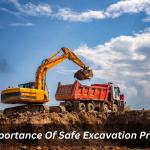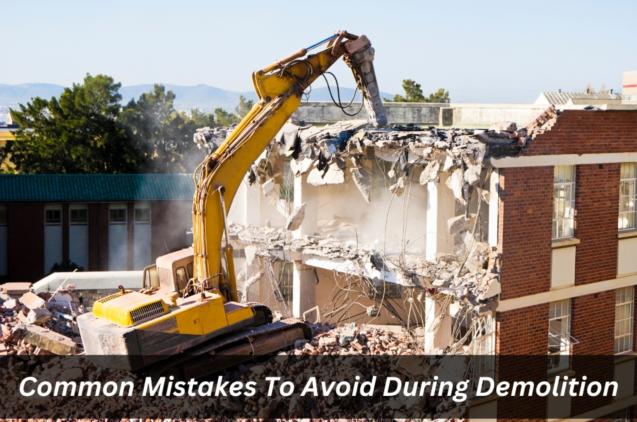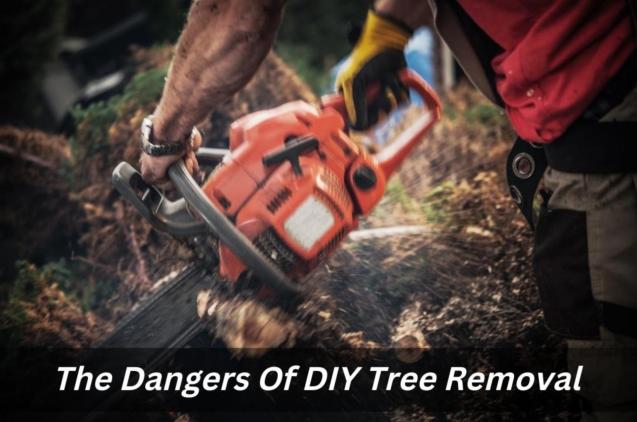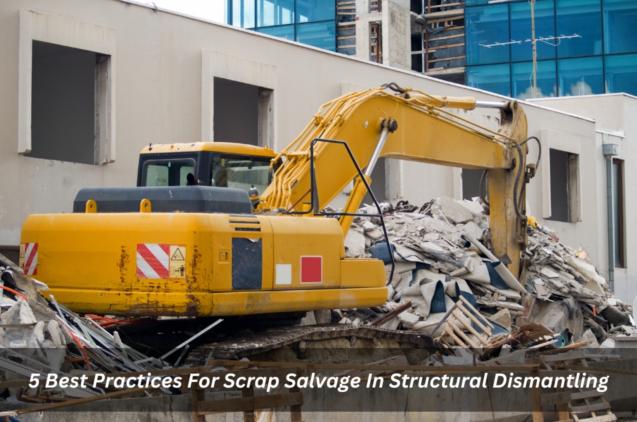
The Importance Of Safe Excavation Practices
However, it is also considered high-risk construction work due to the various excavation hazards that can pose a danger to the health and safety of workers and others on the site. These hazards include falling into the excavation, being struck by heavy equipment, or being buried by soil or rock.
To reduce the risk of accidents and injuries, the excavation work code of practice provides a framework of safe work practices that must be followed when carrying out excavation work. The code of practice outlines the responsibilities of the employer, the principal contractor, and the workers involved.
One of the critical requirements of the code of practice is the need for a competent excavation Central Coast expert to supervise the excavation work. The person should have the necessary skills, knowledge, and experience to manage the excavation site and ensure the safe work method statement is followed.
The safe work method statement is a crucial tool that identifies the excavation hazards, the control measures to manage those hazards, and the procedures to be followed in an emergency. It should be reviewed and updated regularly to reflect any changes in the work.
Control measures should be implemented to reduce the risk of accidents and injuries. For instance, excavation sites should be secured to prevent unauthorized access, and high-visibility vests should be worn to increase visibility and reduce the risk of workers being struck by vehicles or heavy equipment.
Trench excavation is one of the most common types of excavation work carried out on the Central Coast. It involves digging a narrow, deep hole to install or repair pipes, cables, or other utilities. To reduce the risk of workers being buried, the trench should be shored up or sloped according to the depth of the excavation.
Powered mobile plants such as excavators, backhoes, and bobcats can make excavation work more efficient, but they also pose a significant risk to workers' safety. Power-powered mobile plant operators must be trained and licensed, and the equipment should be regularly inspected and maintained to ensure it is in good working condition.
In conclusion, excavation work is an essential part of many businesses and undertakings on the Central Coast. However, it is also high-risk construction work that requires a professional and competent person to supervise the work and the implementation of a safe work method statement that identifies and manages the excavation hazards.
By following the excavation work code of practice, hiring an excavation Central Coast team and putting in place control measures, businesses can carry out excavation work safely and efficiently, reducing the risk of accidents and injuries on the site.



